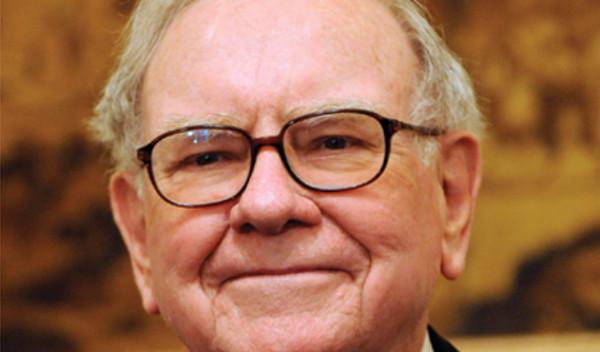

A UK fund manager has explained how his career started after he secured a meeting with Warren Buffett.
Keith Ashworth Lord, who runs the £455m SDL Buffettology UK Equity fund, said after having held a variety of roles in financial services he decided to launch a retail fund after reading a book about Mr Buffett's investment style.
He sought a meeting with the Sage of Omaha and succeeded because while at the time Mr Buffett refused to meet analysts or other fund managers, he was willing to meet journalists and, because Mr Ashworth Lord and a colleague had a client publication called Analyst, they were mistaken for journalists and Mr Buffett agreed to take the meeting, which lasted 15 minutes.
He said: "Warren is a very gregarious guy, a bit of a hail-fellow-well-met. His business partner, Charlie Munger, is more forensic and fires questions, always looking for clarification. Warren is a very impressive guy, but I think the company would be less successful if Mr Munger wasn’t also involved.
Mr Ashworth-Lord then created his fund which he called Buffettology.
The fund has grown in size to £455m and is the absolute best performer out of 229 funds in the IA UK All Companies sector over the past year, returning 9.5 per cent, compared with a loss of 3 per cent for the sector average.
Mr Ashworth-Lord’s largest holdings are Games Workshop and Craneware.
He said the Buffett name attached to his fund has helped with marketing and awareness when he started the fund, but that as the fund has grown in size, he feels the performance is now a major selling point, though he continues to use what he views as the Buffett style of investing.
David Scott, an adviser at the firm of Andrews Gwynne in Leeds, said it is noticeable that Mr Buffett has a significant amount of the Berkshire Hathaway portfolios in cash, which he takes as a signal that the market may be near a peak.
david.thorpe@ft.com



